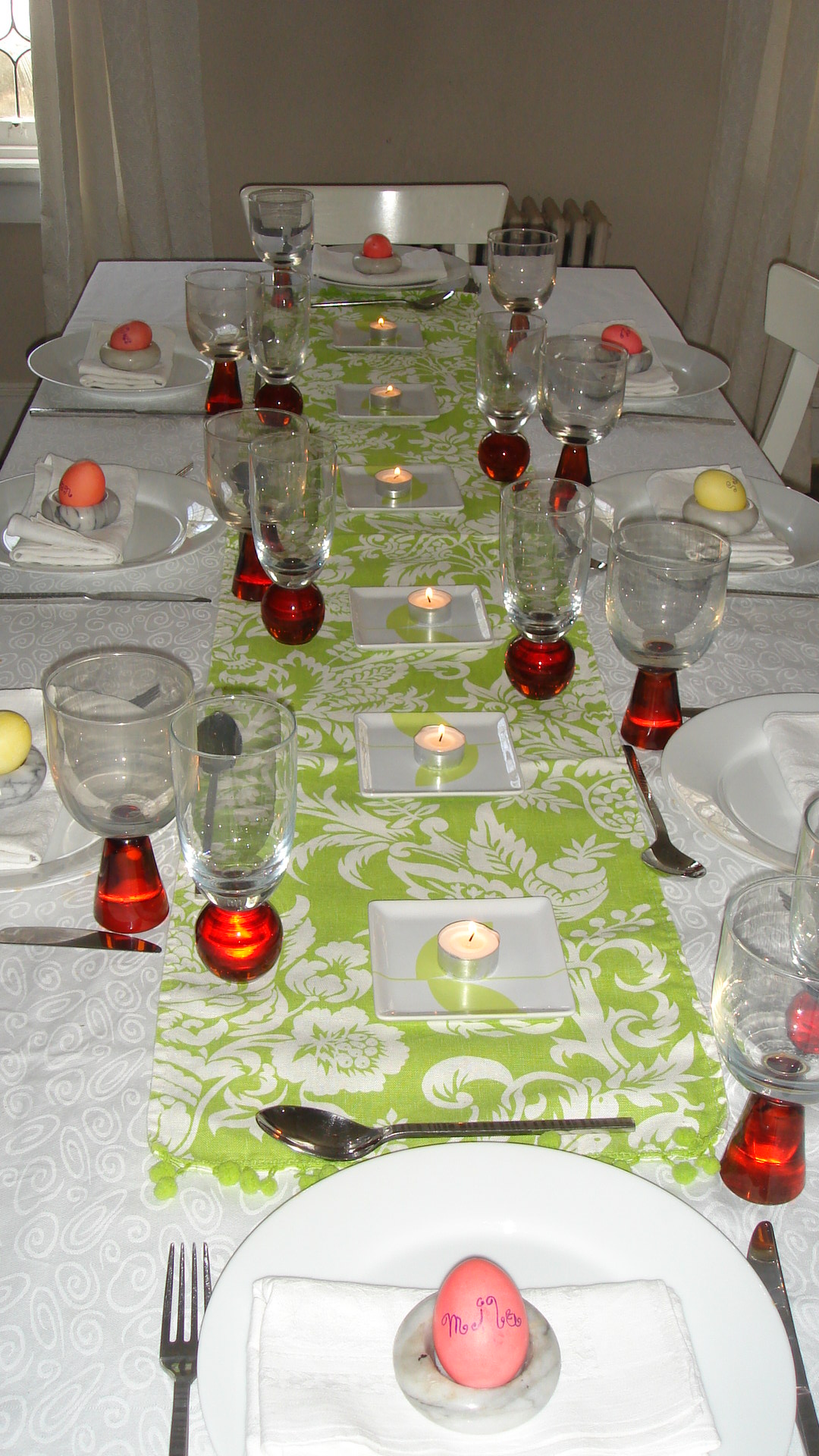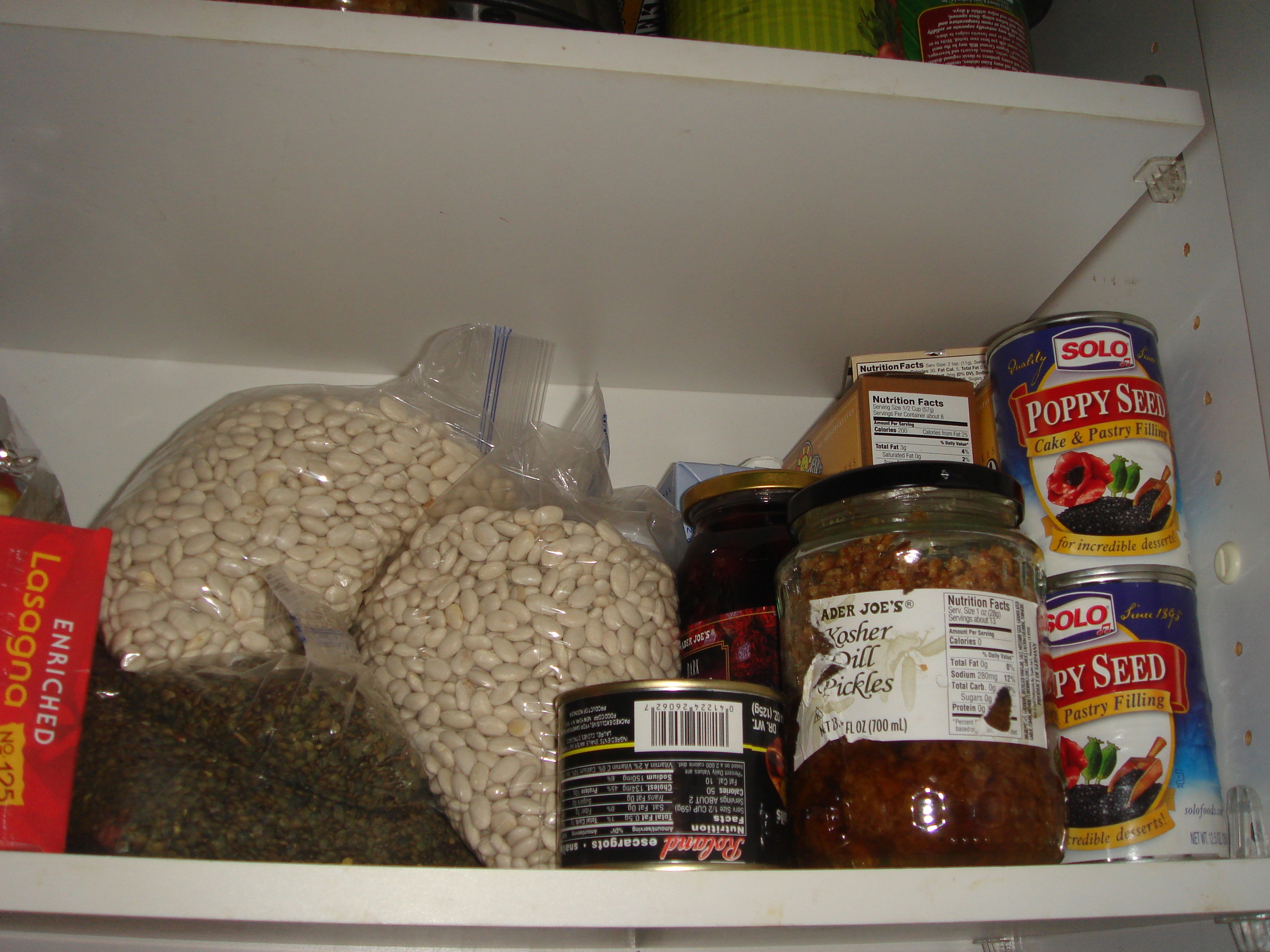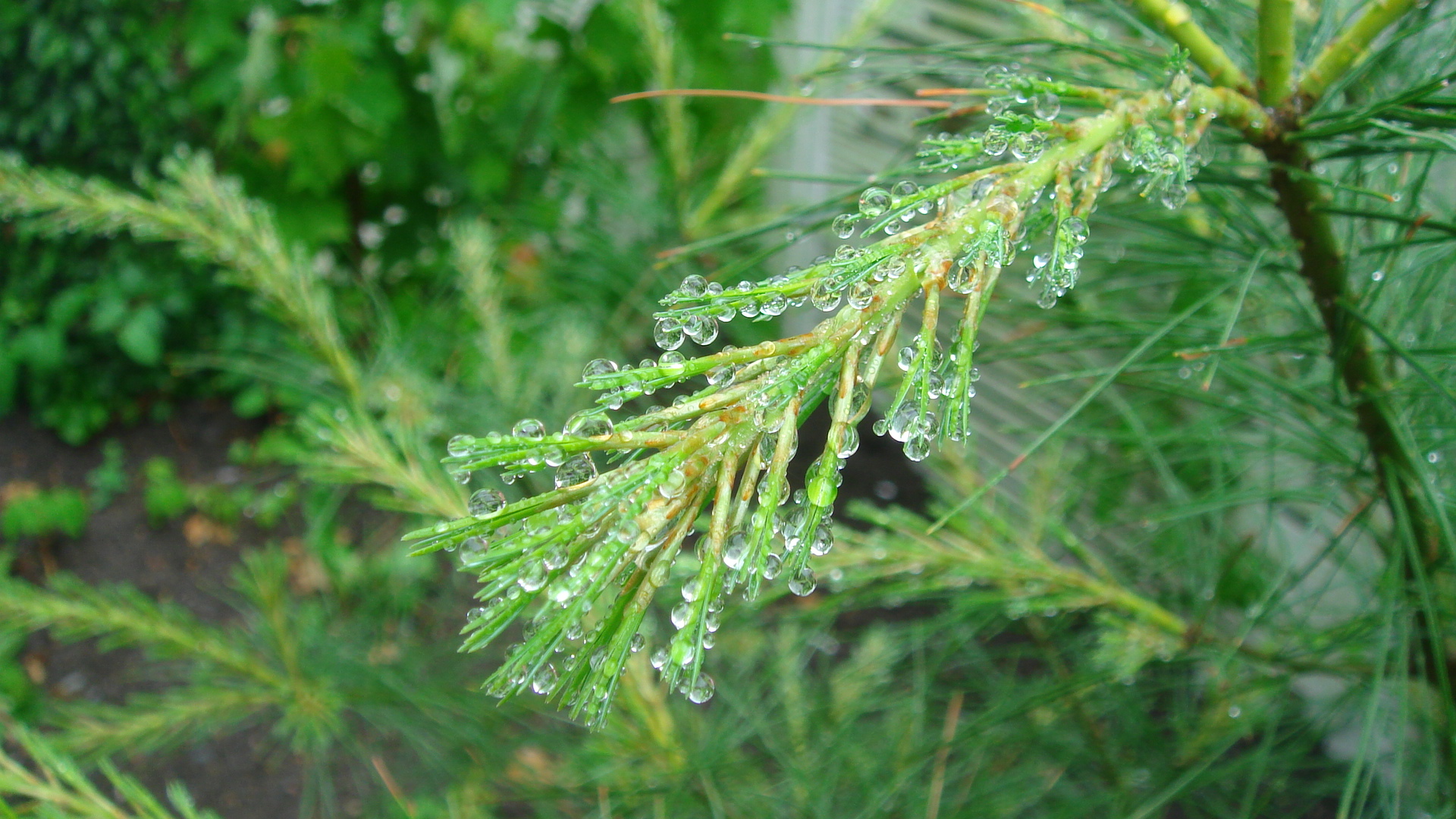Hold on to your seats ...then go with the flow. The Germans are calling it "Die Große Veränderung," "The Great Transformation." The shift is here, the consciousness shift (the Mayan calendar ending, 2012 et al.) that is driven by climate change. Or we could say that climate change (which we created) is now accelerating our consciousness shift. Oh well, they all inform each other reciprocally anyhow.
It is the Great Transformation to a cooperative, peer-to-peer (as Jeremy Rifkin, the economist, writer, public speaker, and consultant to the German government, says), lateral (no more from-the-top-down) culture and consciousness structure that will radically transform our approach to energy and its distribution, and with it to our culture at large. And, Rifkin states, it will all happen within one generation!!!!!!!!!!!!!! (If we don't get off carbon in 30 years, he says, we are doomed, so we better go with the flow, and fast, than resist, because otherwise it'll be even more painful). I do want to scare you a bit out of your slumber, as Rifkin did at this past week-end's conference on Sustainable Living, when he said about climate change that we are really not being told the seriousness and urgency of the issue here in the US - Germany, Denmark, as well as Costa Rica are on the forefront of all things climate and energy change. Rifkin says about climate change "It's terrifying!"
So this consciousness transformation, that my book and blog are about, albeit from a slightly different twist (more about returning to a more balanced heart and spirit based way of living as a basis for healing from the inside out) is actually forcing itself on us from the environmental side. And from there it will transform our economy from the bottom up, and with it our entire culture. Out with scarcity based economics, in with an economy of abundance (see also Charles Eisenstein's Sacred Economics). In importance this shift is bigger than the Fall of the Roman Empire, and it will happen faster and reverberate around the entire globe.
Cultural change here it comes! The thing is - if you are an active participant it's an exciting opportunity to help create a new cultural paradigm; if you resist it (or even deny that climate change is happening) you will be dragged kicking and screaming along in the wave of change. So, you choose - creative opportunity and empowerment vs. victimization. We live during such a crucial, a bit scary (why is change scary?), yet such an incredibly momentous period in the history of humanity, let's make the most of it!
Also visit my previous post on the notes from the conference on Sustainable Living.














